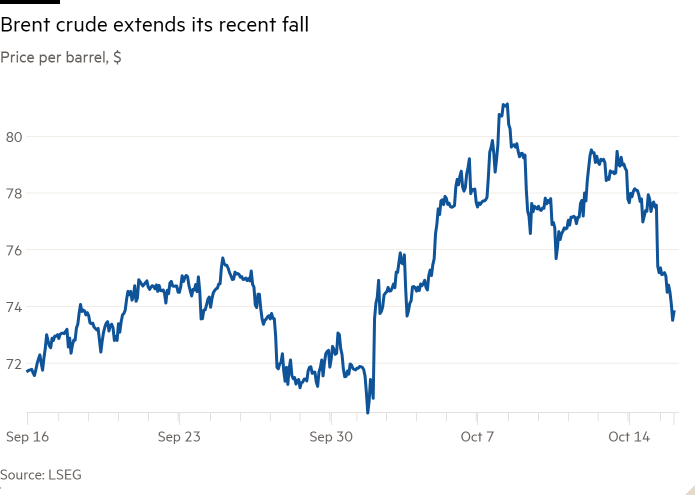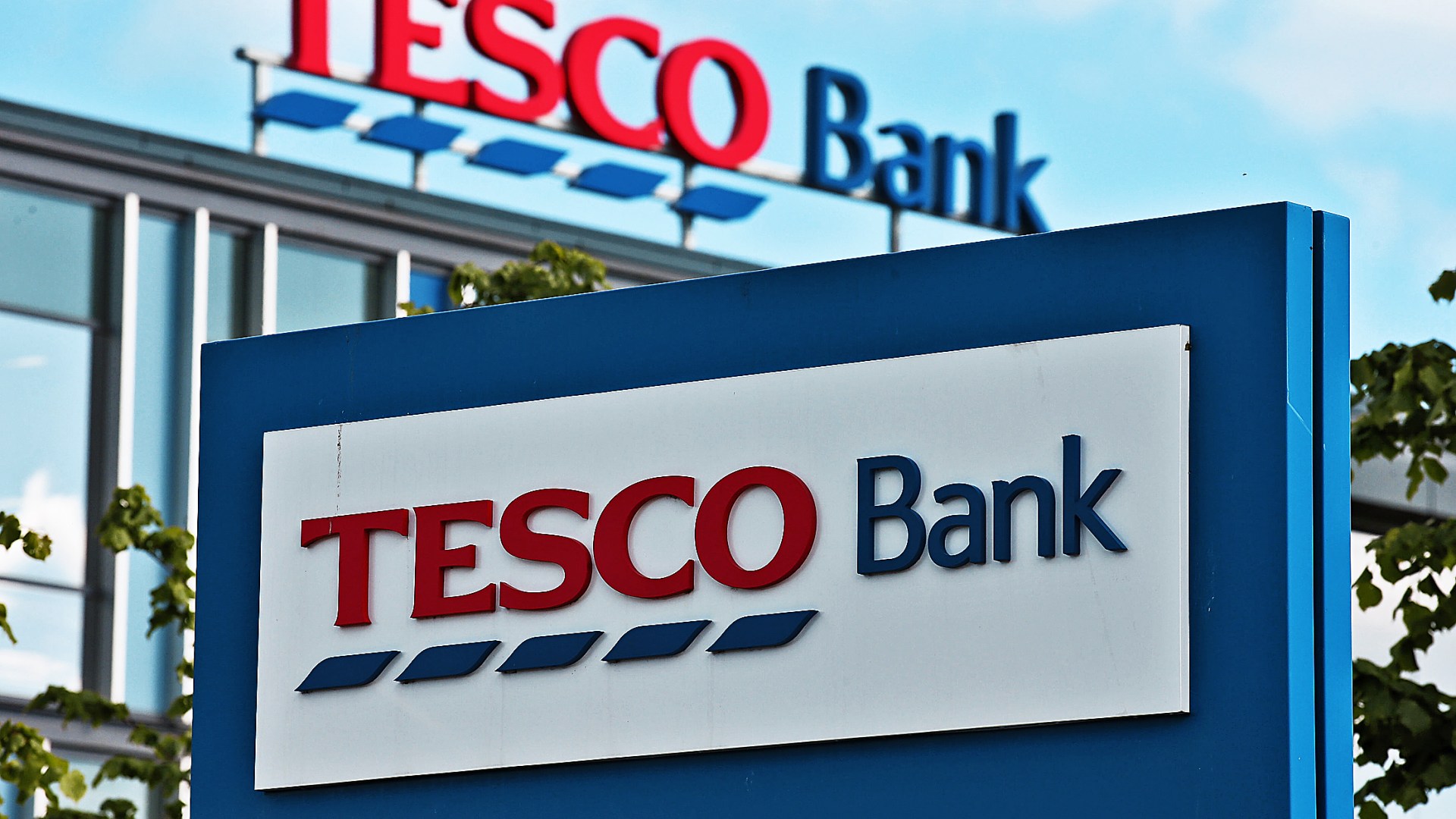This article is an on-site version of our Inside Politics newsletter. Subscribers can sign up here to get the newsletter delivered every weekday. If you’re not a subscriber, you can still receive the newsletter free for 30 days
Good morning from Edinburgh, where people are still digesting the shock news of former first minister Alex Salmond’s death from a heart attack, aged 69.
Inside Politics is edited by Georgina Quach. Read the previous edition of the newsletter here. Please send gossip, thoughts and feedback to insidepolitics@ft.com
Difficult times ahead
A domineering presence, who brought Scotland to the cusp of independence in 2014, he divided opinion as much as he formed it over decades. The tumultuous falling out with his protégé and successor as first minister, Nicola Sturgeon, gave us Scotland’s highest modern-day political drama.
Sparked by 13 counts of sexual misconduct, from which Salmond was acquitted, his subsequent legal action against Sturgeon’s handling of the case won him damages for “apparent bias”. His family could pursue the further legal action that he had said would deliver “a day of reckoning”.
That would heap yet more pressure on to the Scottish National party, which he led for 20 years over two stints, and was routed by Labour in this year’s general election.
The spotlight on his legacy of dragging nationalism from the fringe to the mainstream comes as many observers believe the cause has been set back for a generation, if not longer. While almost half of the country still supports exiting the UK, independence is low on voters’ list of priorities, trailing behind delivery of public services and economic growth — the priorities now pledged by John Swinney, SNP leader and first minister of five months’ standing.
“What we are seeing is the SNP recognising that independence is off the agenda and the great pretence that another referendum was just round the corner was pure fantasy,” said James Mitchell, professor of public policy at Edinburgh University. “Salmond’s legacy may be — emphasise may be — to show what might be achieved, to give the SNP hope even in the difficult times ahead.”
The scandal-strewn party is battling multiple fronts on competence and probity: budget cuts are piling further pressure on to underperforming public services, with tough choices limiting room for manoeuvre that could narrow after the UK Budget later this month. Each week brings more data that opposition parties utilise to paint the SNP government as incompetent. Earlier this year, Sturgeon’s husband, Peter Murrell, was charged in connection with the alleged embezzlement of funds from the Scottish party. The investigation still overshadows the party’s reputation.
Indeed, Peter Mandelson, after delivering think-tank Reform Scotland’s inaugural lecture last week, said of the SNP: “Forget them, they’re gone.”
The former Labour cabinet member went on:
In my view there has been a profound structural shift in Scotland — people have reached a settled view about the SNP and are now interested in looking at alternatives, and that is where Labour has to step up.
Yet Swinney remains “very optimistic” he can win the 2026 Holyrood elections and secure a fifth term in office for the SNP, the first two of which were delivered by Salmond.
Salmond’s death means Scotland will not see his promised return to the campaign to revive the flagging fortunes of his splinter pro-independence party, Alba, which he formed after his split from Sturgeon. While questions lingered over his electoral appeal, his contribution to the national debate over the energy transition to independence strategy, is no doubt a loss.
But it is Labour’s travails south of the border, from the winter fuel payment to freebie scandals, buoying Swinney’s spirits. With a wry smile, he last week described Starmer’s first 100 days in office as far from “plain sailing”.
In the aftermath of the July landslide, Labour figures north of the border were salivating at the prospect of ousting an unpopular SNP government that would by then be seeking a third decade in power. “We were pretty excited back then, but it’s looking a lot tougher now,” said one Labour strategist.
Post-election polling has seen Scotland following a similar path to the rest of the UK in light of Labour’s struggles. Scottish Labour has fallen behind the SNP in vote share and seat projections, said pollster Mark Diffley.
Scotland’s proportionate voting system militates against single-party majorities — the only one in Scottish parliament history was secured by Salmond in 2011 — and this time Holyrood voters will not be focused on removing an unpopular Tory government from Westminster. And it is all happening within 18 months, rather than Starmer’s four-year horizon to regain support.
“The first 100 days of the Starmer government should act as a warning sign for Labour that the path to Bute House is one which is much trickier to negotiate than they might have appreciated,” Diffley said.
Know someone who would enjoy our newsletter but are not yet subscribed to the FT? They can get a separate Inside Politics subscription. First 30 days free here.
Now try this
If you want more erudite analysis of Scottish politics, download the Holyrood Sources and Ponsonby and Massie podcasts.
Economics editor Sam Fleming is up next on Inside Politics to discuss the launch of the FT’s new chancellor game. Have a go at masterminding your own UK Budget here.
Top stories today
-
Summit borrowed, summit blues | Attendees of the UK investment summit yesterday expressed both praise and doubt as Starmer pledged his government would return the UK to its former status as “an open, outward-looking” nation and “rip up” bureaucracy. Last year, then prime minister Rishi Sunak held his own investment conference. “We only gathered 10 months ago for the same event, and the agenda is almost identical,” one businessperson said.
-
Chancellor cuts NWF | Rachel Reeves has cut the new money she is investing into the UK’s National Wealth Fund by a fifth, despite the government emphasising the importance of extra investment in the green economy.
-
Wage growth slows | UK wage growth fell to 4.9 per cent in the three months to August, while growth in payroll employment flattened, official data showed today.
-
Bringin’ it back | The attorney-general for England and Wales has pledged to reestablish the UK as a global leader on the rule of law, criticising the last government for “undermining” Britain’s reputation both at home and abroad.
-
Labour donor in Tortoise talks | Tortoise Media is in advanced talks to raise funds from Gary Lubner, the South African businessman and major donor to the UK Labour party, ahead of the online start-up’s proposed takeover of the Observer.




 I read
I read 


































































































































You must be logged in to post a comment Login